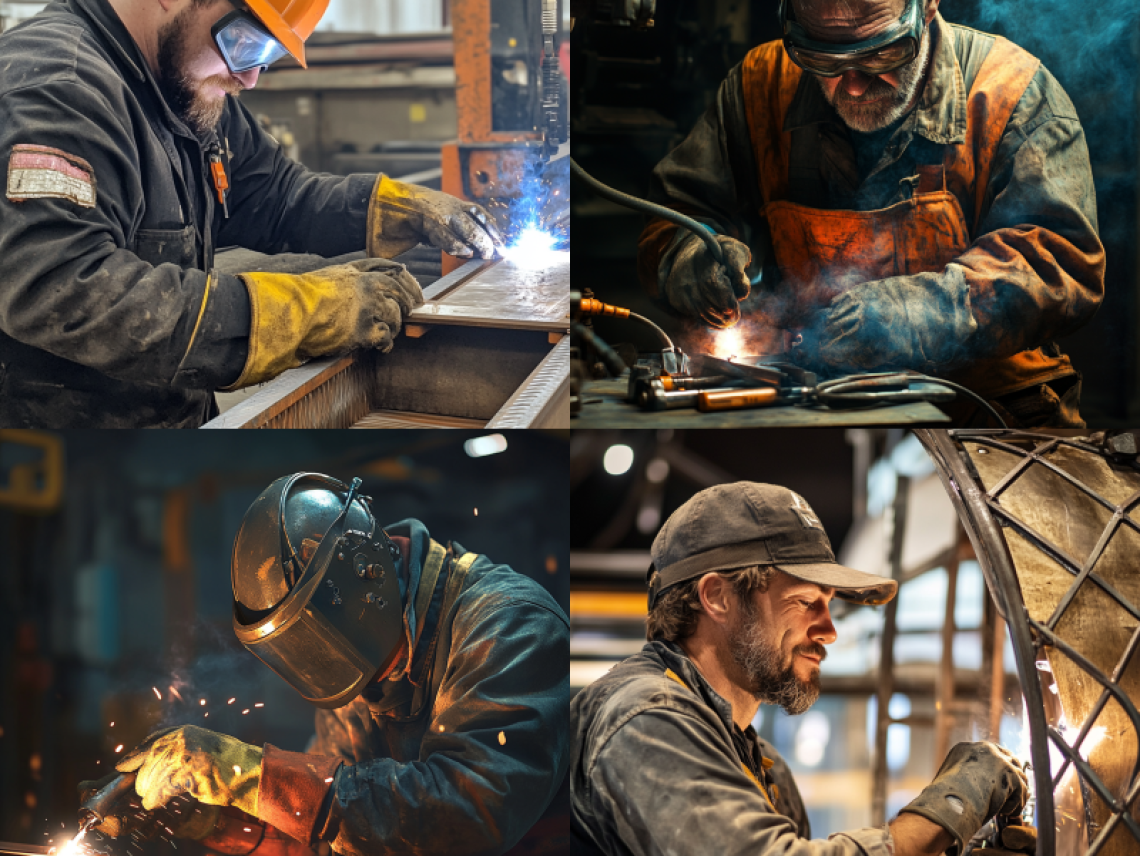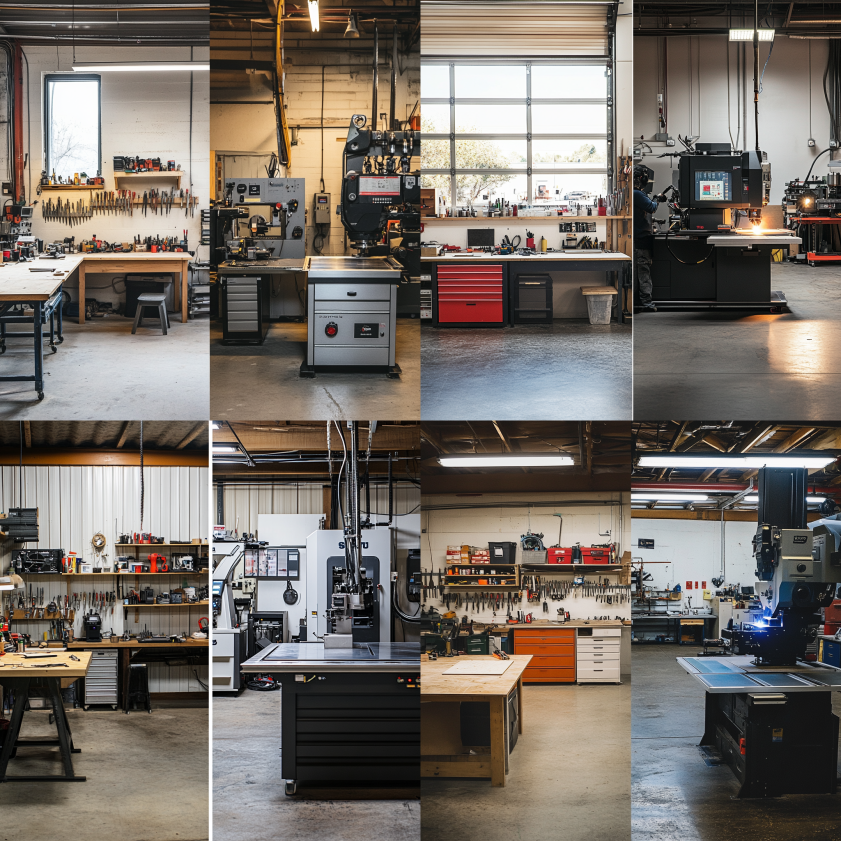
Table of Contents
ToggleWhen engineers, industrial designers, or project managers look to define fabrication, they often encounter vague or generalized descriptions. But in reality, fabrication is a precise, customizable process essential to modern industry. This article will help you define fabrication in the clearest terms—exploring what it is, how it differs from manufacturing, and why it matters across sectors like aerospace, energy, and construction.
To define fabrication is to recognize it as the process of constructing parts, structures, or entire systems by cutting, shaping, and assembling raw materials. It differs from manufacturing by focusing on precision and customization rather than mass production.
Fabrication involves skilled labor, specialized tools, and rigorous standards. It’s widely used to create pressure vessels, structural components, and specialized equipment. To understand this further, check out The Art of Fabrication.

| Category | Fabrication | Manufacturing |
|---|---|---|
| Purpose | Custom, project-specific | Standardized, mass-volume |
| Process | Cutting, welding, bending | Molding, assembly-line |
| Labor | Skilled craftsmanship | More automation |
| Output | One-off or small batch | High-volume production |
When clients ask us to define fabrication vs manufacturing, we emphasize that fabrication is hands-on, design-flexible, and crucial for high-performance systems. For deeper context, visit our blog on Fabrication vs Machining.
If you want to thoroughly define fabrication, you need to understand its techniques:
Cutting: Plasma, laser, or waterjet slicing raw materials into precise shapes.
Welding: Joining components using MIG, TIG, or stick welding. (Fabrication vs Welding)
Machining: CNC turning and milling for ultra-precise parts.
Forming/Bending: Using presses or rollers to shape materials.
Assembling: Using bolts, rivets, or adhesives to finalize products.
Each technique is essential to the way professionals define fabrication on a project-by-project basis.
Fabricators work with:
Metals: Steel, stainless steel, aluminum, titanium
Plastics and Composites: For lightweight or chemical-resistant applications
Specialty Alloys: Used in energy, defense, and chemical sectors
Choosing materials defines how your product performs in extreme environments. For more on how fabrication meets performance standards, read Crafting Excellence.
You should rely on fabrication when:
Your project demands tight tolerances and safety certifications
You need bespoke components rather than mass-market parts
Durability and structural strength are mission-critical
You’re in oil & gas, aerospace, or construction sectors
Industries use fabrication to build everything from custom piping to medical machinery highlighting why it’s vital to correctly define fabrication in your project scope.
To truly define fabrication is to understand its impact: delivering precision-engineered results in industries where performance, safety, and quality cannot be compromised. Whether you’re managing infrastructure, designing a system, or building mission-critical equipment, knowing how to define fabrication gives you the language and insight to make smarter, stronger choices.
At Red River, we don’t just build — we engineer with excellence. Our team specializes in high-performance fabrication tailored for oil & gas, defense, and industrial sectors. Contact us now to get started.
It means understanding fabrication as a hands-on process of cutting, shaping, and assembling materials into products with precision and durability.
Yes. Fabrication is customized and craft-driven; manufacturing is high-volume and standardized.
Cutting, welding, forming, machining, and final assembly using bolts or adhesives.
Oil & gas, aerospace, defense, chemical processing, and infrastructure.
Per unit, yes. But it delivers superior quality, customization, and strength.
Define fabrication as a custom, skilled, precision-driven process.
It differs from mass manufacturing in scale, method, and output.
Common techniques include welding, cutting, and machining.
Ideal for industries that demand reliability and strength.
Using the term correctly improves design, communication, and strategy.
Table of Contents
ToggleIn the realm of industrial solutions, Red River emerges as a pioneer, offering a diverse range of custom-engineered products and facilities. Among our specialties is the design and production of Custom/OEM Pressure Vessels, meticulously crafted to meet individual client requirements, ensuring performance under various pressure conditions. Our expertise extends to the domain of prefabrication, where Red River leads with distinction.
The company excels in creating prefabricated facilities, modules, and packages, reinforcing its stance as a forerunner in innovation and quality. This proficiency is further mirrored in their Modular Skids offering, where they provide an array of Modular Fabricated Skid Packages and Packaged equipment. Each piece is tailored to client specifications, underlining their commitment to delivering precision and excellence in every project they undertake.